From the 2006 Annual Meeting: PFS 2006 Program, Speakers and Presentations.
Stephan Kinsella (chair), Panel discussion: Property Rights and the Protection of International Investment. The case of Turkey, Lithuania, Romania, Bulgaria, Czechia, Georgia, and Poland. Kaya Ardic, Remigijus Simaius, Vladimir Topan, Nikolay Gertchev, Josef Sima, Paata Sheshelidze, Mateusz Machaj
-
- Notes on Panel discussion (text below)
- Nikolay Gertchev, “Foreign Direct Investment in Post-totalitarian Bulgaria” (draft)
- Related: Comeaux & Kinsella, Protecting Foreign Investment Under International Law: Legal Aspects of Political Risk (1997) and International Investment, Political Risk, and Dispute Resolution: A Practitioner’s Guide, Second Edition (Oxford University Press, 2020)
SPEECHES DELIVERED AT THE FIRST CONVENTION OF THE PROPERTY AND FREEDOM SOCIETY, BODRUM, TURKEY, MAY 2006
[Notes compiled by Robert Grözinger]
Panel discussion: Property Rights and the Protection of International Investment. The case of Turkey, Lithuania, Romania, Bulgaria, Czechia, Georgia, and Poland
Participants: Stephan Kinsella (chair); Kaya Ardic (Turkey), Remigijus Simaius (Lithuania), Vladimir Topan (Romania), Nikolay Gertchev (Bulgaria), Josef Sima (Czech Republic), Paata Sheshelidze (Georgia), Mateusz Machaj (Poland)
This panel discussion was led by Stephan Kinsella, who, drawing on his recent book Protecting Foreign Investment Under International Law: Legal Aspects of Political Risk and International Investment, Political Risk, and Dispute Resolution: A Practitioner’s Guide, Second Edition (Oxford University Press, 2020), pointed out that economic policies of the 20th century had been dominated by nationalization. In the last quarter of that century, privatization became more popular in the West again. After the fall of the Berlin Wall and the Soviet Empire, privatization spread East. One should expect foreign direct investments in former East Bloc countries to be on the increase. To what extent is that the case?
Nikolay Gertchev (Bulgaria): In the first years after departure of the communists, nothing much happened. 10 % of the economy was privatized. In 1994, the country experienced hyperinflation. In 1997, GDP was on the same as before Berlin Wall fell. Since 1998 GDP has risen by 5 % per year. The labor market is relatively flexible, labor cost is low. The marginal rate of progressive income tax is 24 %. Corproate income taxation is 15 %. Conditions for investments are good. There are tax credits for investments. The laws are OK, but the Bulgarian authorities and workers have reputation of being uncooperative. There are many incidences of violence. Full copy of Gertchev’s draft paper at http://www.propertyandfreedom.org/resources/gertchev-pfs-2006.pdf.
Kaya Ardic (Turkey): In 1932,under the extremly negative conditions following the Great Depression Turkey changed from being a nearly market economy to being a command economy. In 1950 it changed back to being a market economy. Population is now at 72 million, labor force approximaticaly 24 million, which is an extremely low ratio. Turkey is at 19th place of GDP worldwide, but at 62nd place of GDP per head. Since 1980, Turkey has been an open economy, but has huge structural problems and particularly a serious current account deficit,nearly 7 % of GDP. For that reason, foreign capital is very welcome,but preferably direct foreign capital,not short term portfolio investments that cause troubles rather than help. No particular problems with property rights exist. One problem however is the violation of intellectual property rights.
The main problem in the Turkish economy is that Turkey is sincerly trying to implement a market economy but unfortunately the necessary basic social,economic and particularly cultural conditions for that are not yet sufficently existant and the huge burocratic-state traditions maket economic life very dismal and sometimes infernal.
Remigijus Simaius (Lithuania): There is currently 6 to 9% growth per year in Lithuania, primarily because of privatization (20% government ownership, down from 100% since the end of the Soviet Union). Also low taxes. There are no restrictions on foreign investments, except in land. Russian investments are not welcome. There are many private security firms, which is the reason why there is no more racketeering in Lithuania.
Vladimir Topan (Romania): [TBD]
Joseph Sima (Czech Republic): After the revolution stolen or nationalized property (stolen after 1948 by the communists, not before by the democrats) was given back to the rightful owners. Other privatization techniques were used as well including the voucher method. Unlike in many other post-Soviet countries, inflation and debt were relatively low. After some years of substantial reforms the Czech Republic was bribed into EU which eliminated any hope for more profound social changes. In terms of current political climate, no political party is attempting to nationalize anything.
Nobody is openly against privatization. Everyone seems to be obsessed with promoting foreign investments, but with subsidies and “incentive packages”. Nobody is in favor of true deregulation, on the contrary, politicians are forever thinking of more things to re-regulate often with the EU being an excuse.
Paata Sheshelidze (Georgia): Georgia has attempted to move toward a free market economy since the end of Soviet Union, and as a country is still “under construction”.
Georgia is open to foreign investment. However, those investments are heavily influenced by political decision making and control. Radical and full range privatization is going on. There is no debate on if, but on how technically and how fast to privatize.
Georgia has a very low number of taxes: 7. Personal income tax was reduced from 28 to 12 % (flat tax), other taxes were also reduced and there is a plan to eliminate custom duties by 2008. But taxation authorities have great arbitrary powers to check business several times per year and even confiscate property without any court decisions. In utilities, like electricity, water etc, prices are controlled by state.
Political loyalty is important. The state tends to be very centralized and politically controls almost every single part of peoples’ lives, especially business activities, although this is combined with some radical free market rhetoric and actions.
The ideology of the ruling political elite is based on the assumption that reforms can be made only with central supervision and indication, which de facto means political enlightenment of the masses by a “wise” political elite in power, who are always “correct” and “just”, which itself has nothing to do with real essence of liberties.
Mateusz Machaj (Poland): Situation here is very similar to Czech Republic. European policy and law overrides everything. Certain regulation was abolished because of EU, but investors want Poland into the Eurozone. Central Bank wants to ban credits in foreign currency.
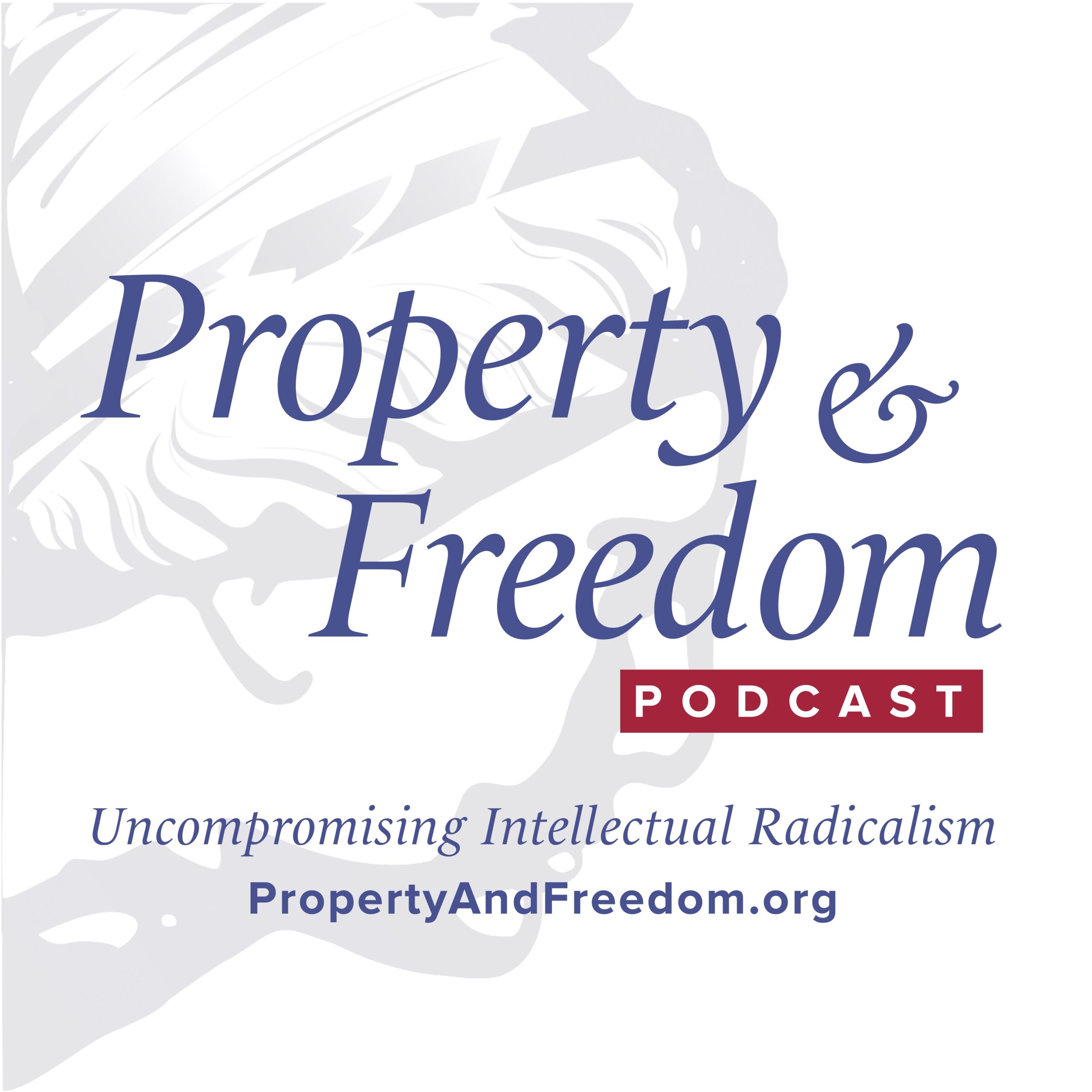

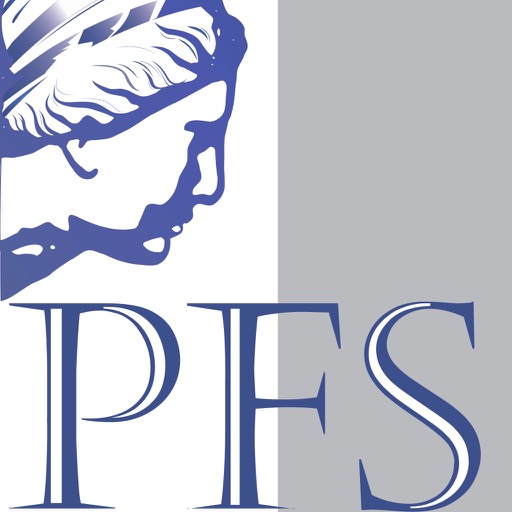

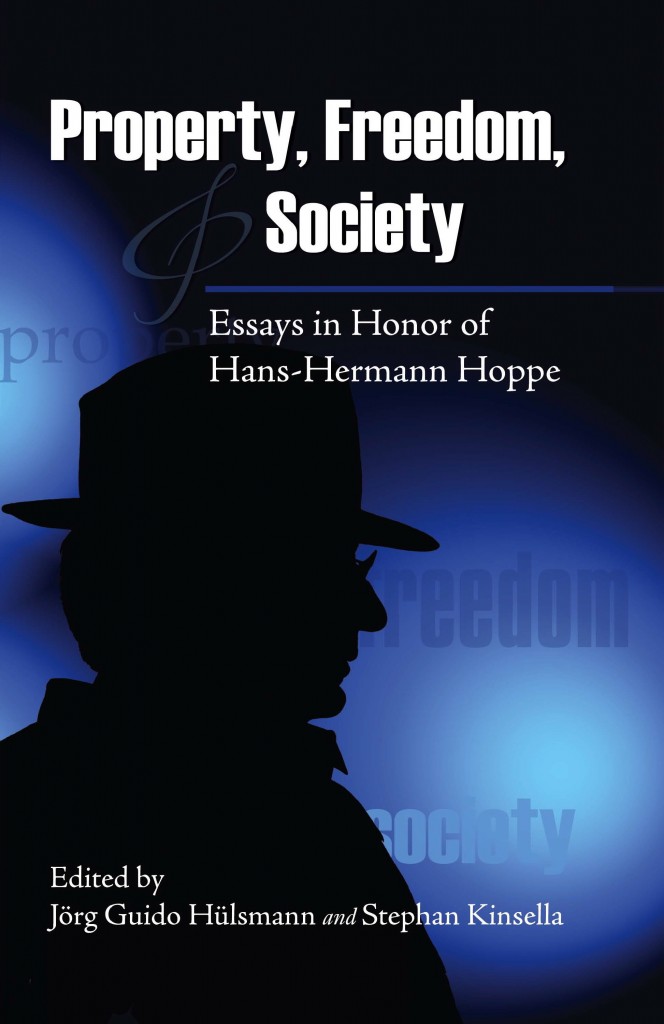
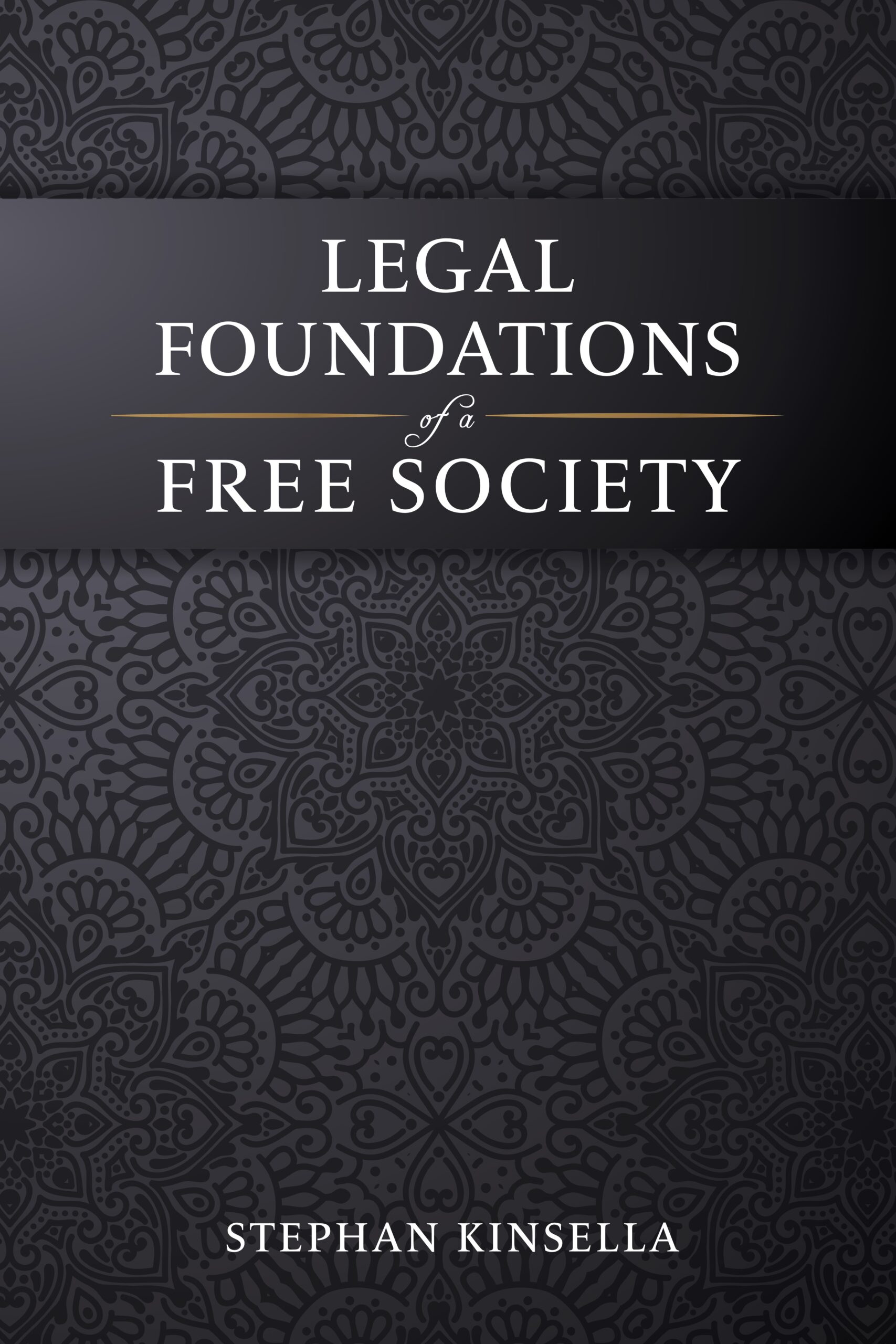

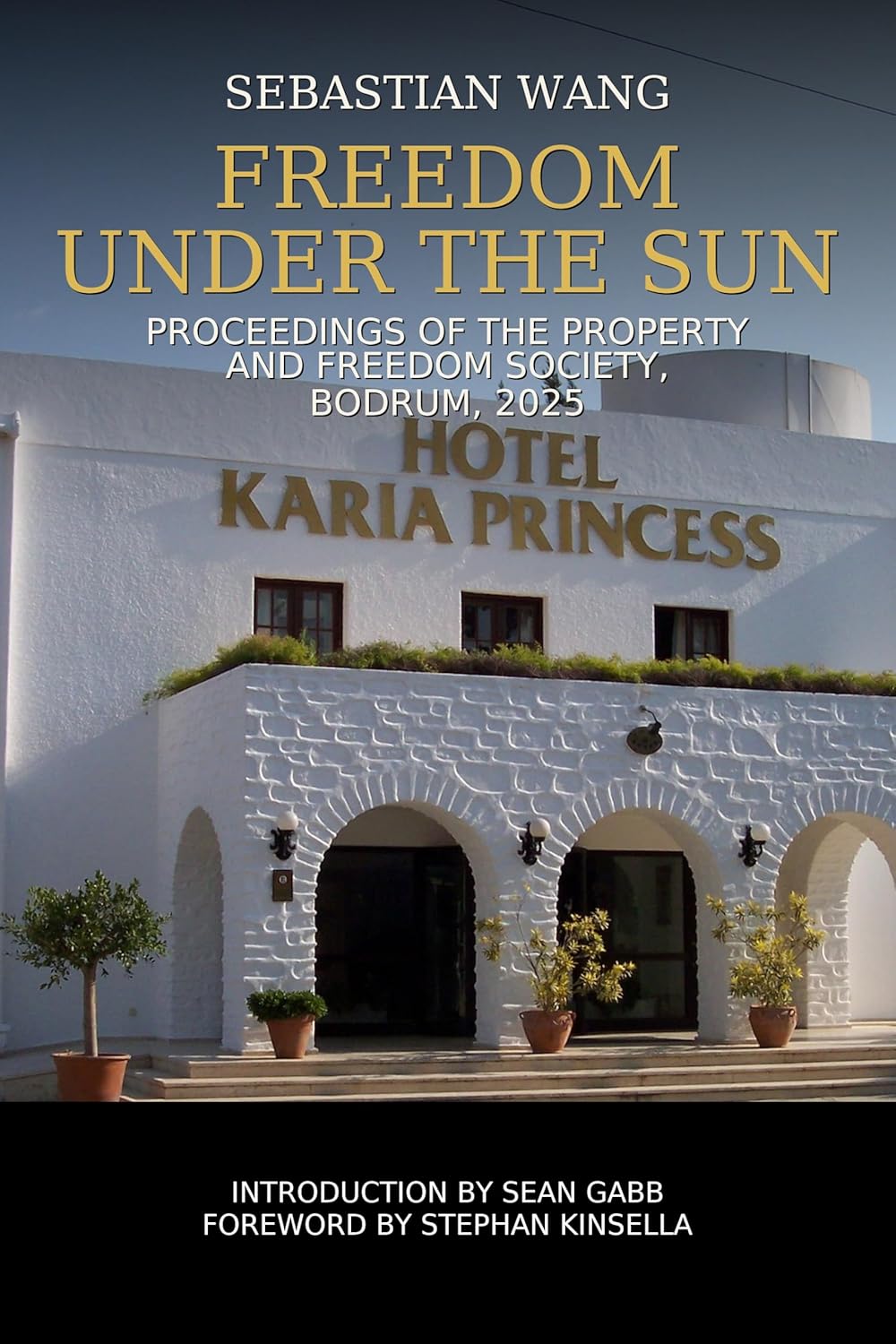



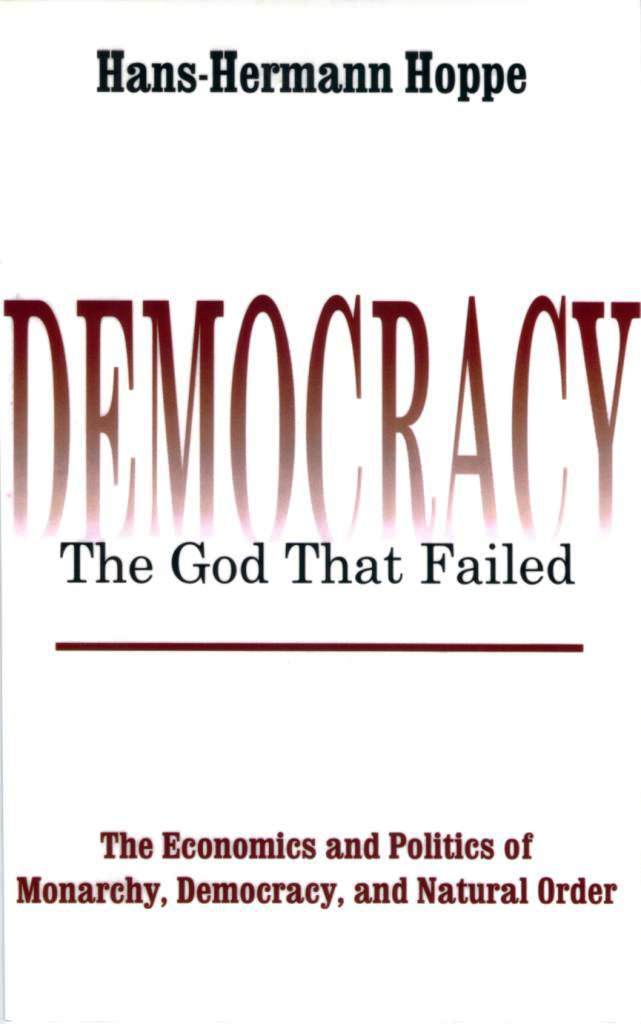


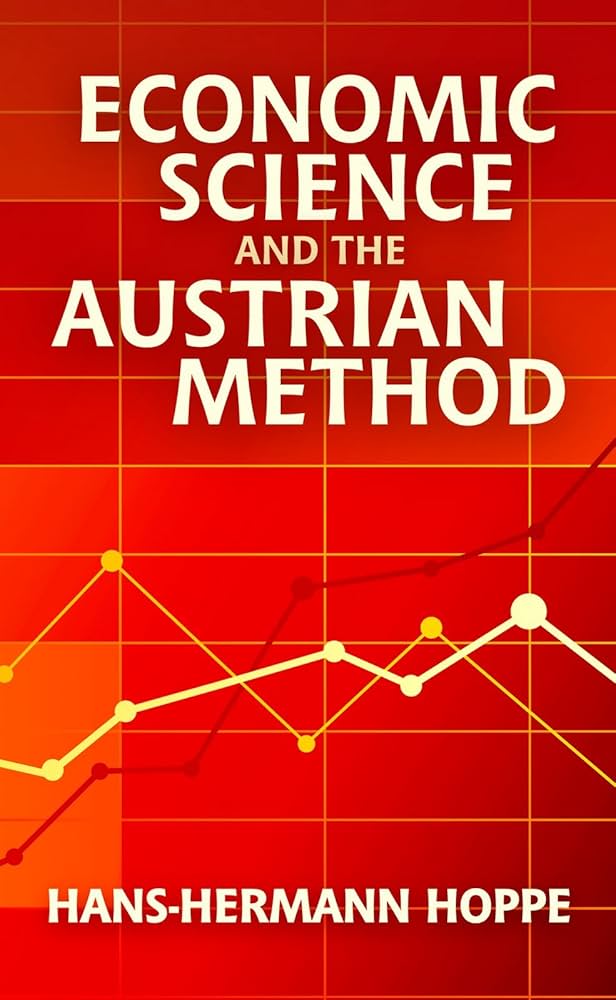
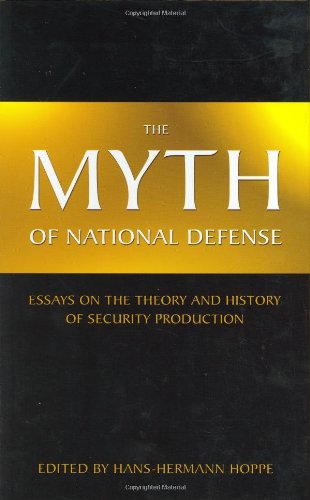
You must log in to post a comment. Log in now.